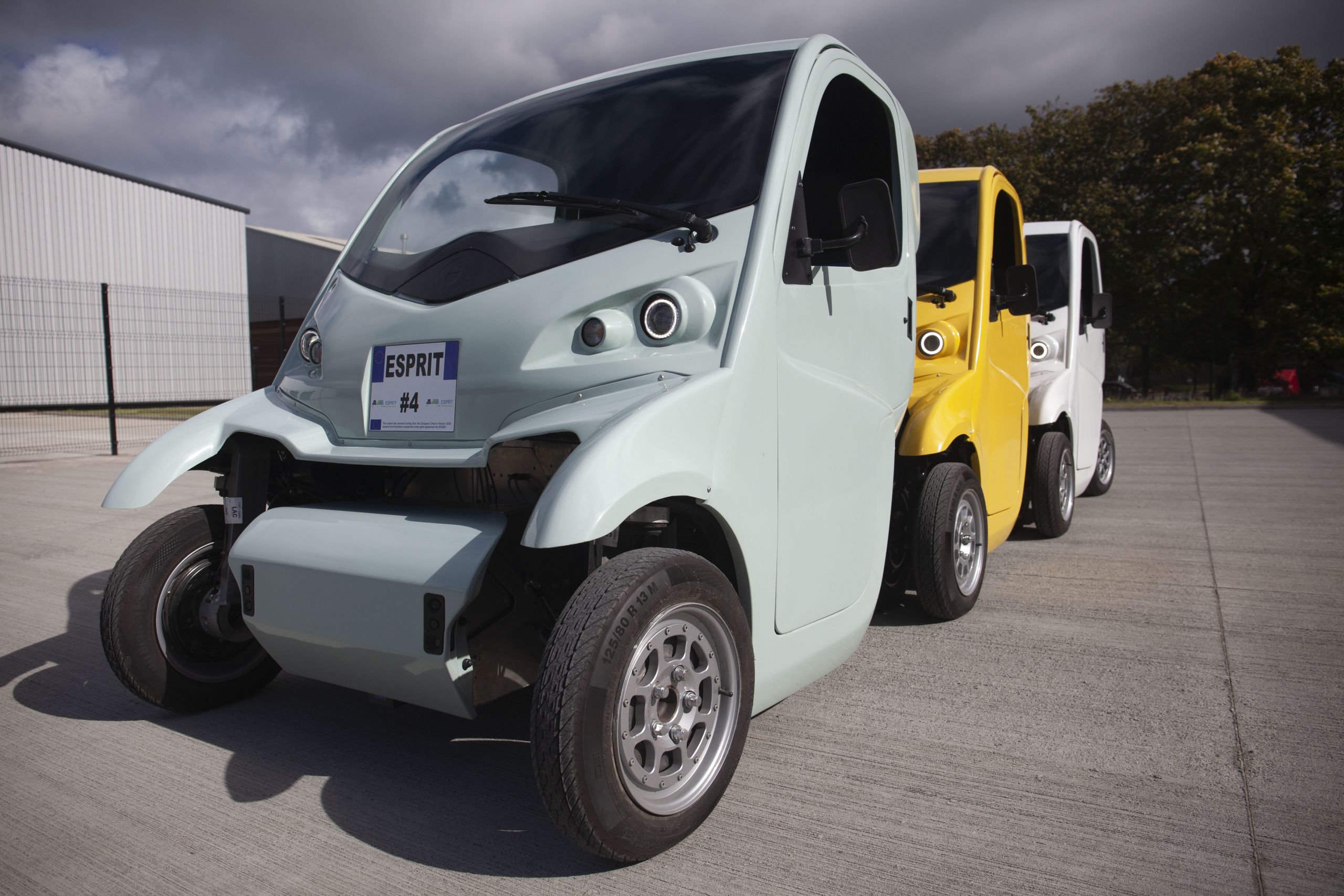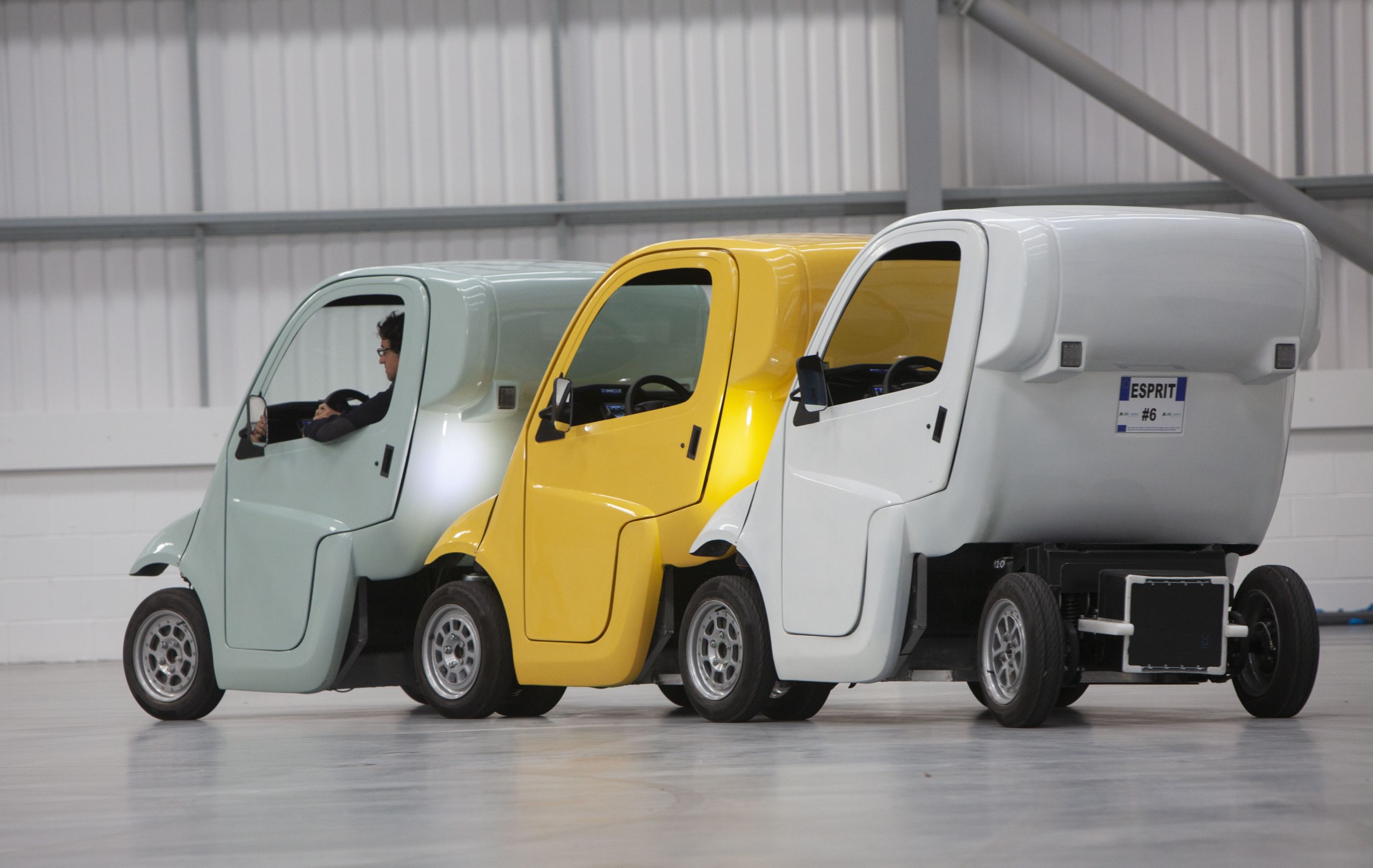Reducing environmental impacts with ‘stackable’ cars
Our researchers are supporting a project to reduce pollution, congestion and emissions in urban areas.
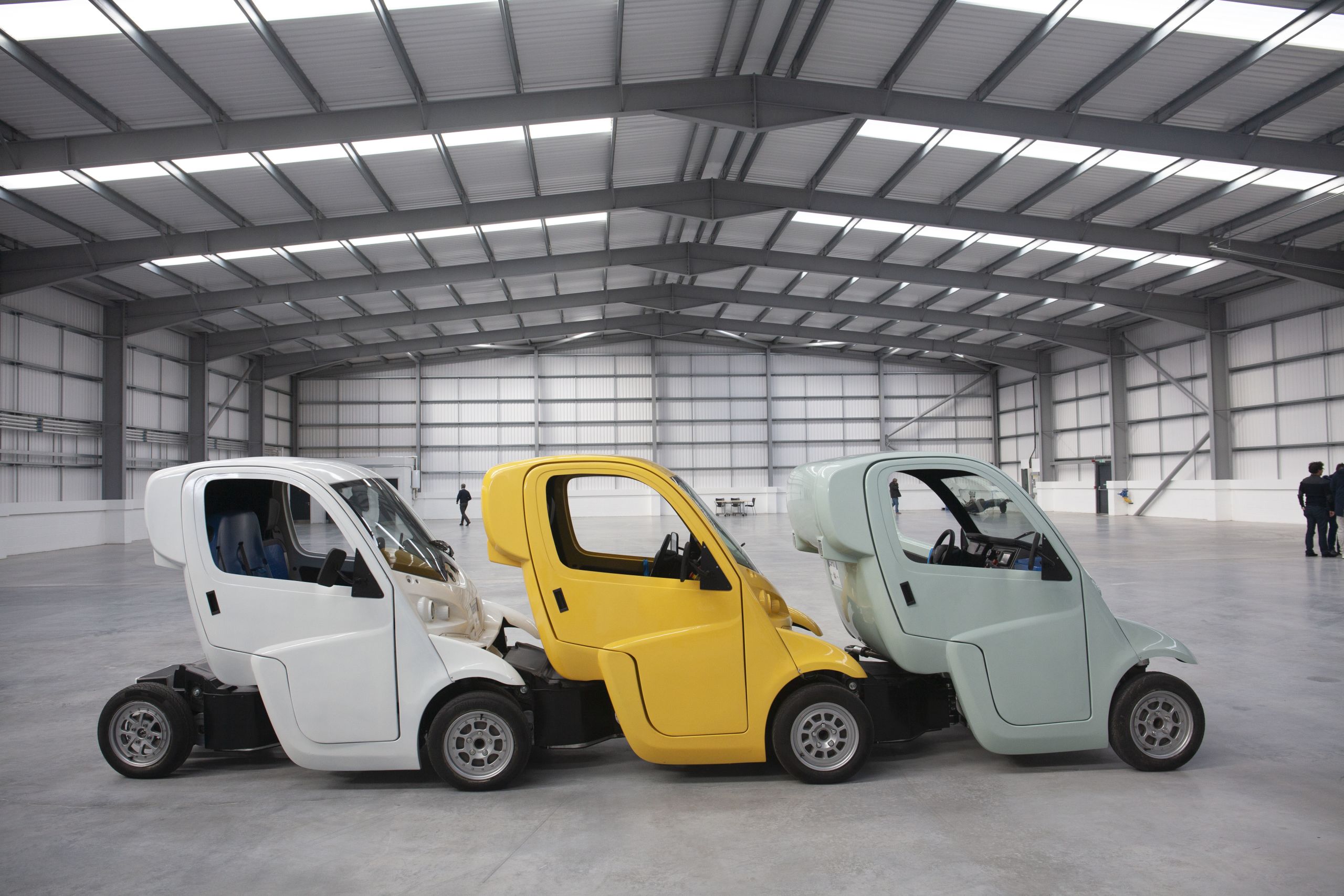
Most densely-populated cities face the challenge of pollution and congestion caused by high volumes of traffic. Whilst air and noise pollution continue to increase and roads remain overcrowded, it becomes even more important to identify sustainable, flexible solutions to reduce environmental impacts in urban areas.
Although one-way car sharing can be a quick and effective way of travelling from one point to another, this is often an expensive option and can cause an unbalanced and unreliable distribution of vehicles throughout the city.
Specialising in the sustainability of transport systems, Dr Richard Mounce and Professor John Nelson from the Centre for Transport Research (CTR) at the University of Aberdeen took part in a project to develop a new mode of transport to mitigate these challenges.
Funded by the European Commission’s Green Vehicles sub-programme of Horizon 2020, the ESPRIT (Easily diStributed Personal RapId Transit) project consortium brought together 18 partner organisations from across Europe, who exchanged interdisciplinary knowledge, research and expertise.
Sustainability research
The aim of the project was to develop lightweight, electric vehicles that can be stacked together to save space, reduce congestion and improve air quality. It was also important that a single operator could redistribute the vehicles efficiently between charging stations.
The resulting ESPRIT system has been designed for short journeys in urban areas. A maximum of eight vehicles can be driven together as a ‘road train’, with seven being towed by the front vehicle. Each vehicle can be collected from a charging station and driven to a drop-off point near public transport links or a specific destination, allowing a balanced and cost-effective system for redistributing the fleet.
As well as developing the concept cars, the ESPRIT consortium had to assess the system’s potential future demand and the needs of its users, whilst also modelling the operation of the ESPRIT redistribution system. This enabled the team to predict the potential economic, social and environmental benefits of the system and make recommendations regarding its long-term sustainability. The team also identified opportunities for large-scale demonstrations for local authorities, private companies and public transport organisations with the ability to manage fleets around the world.
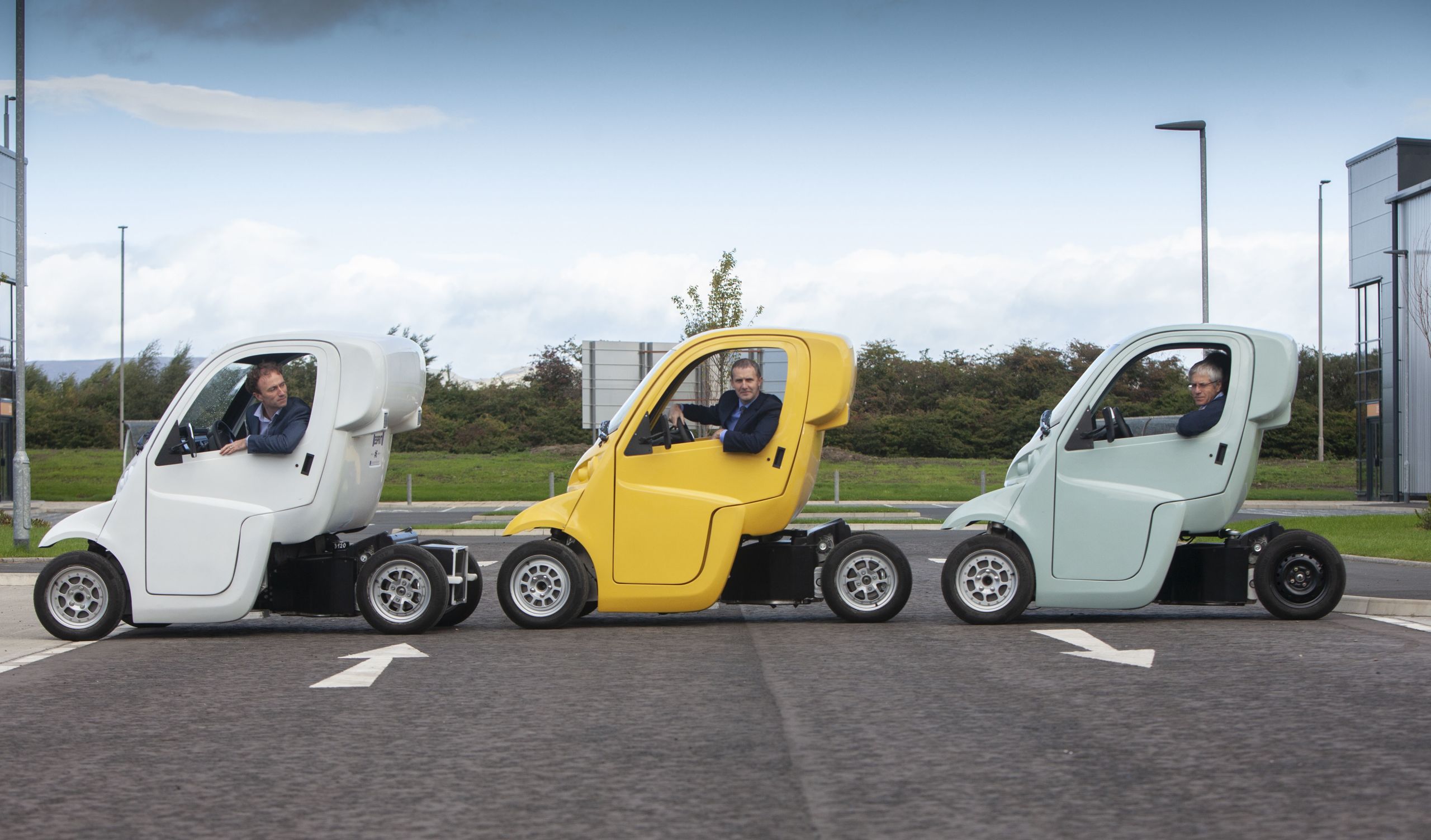
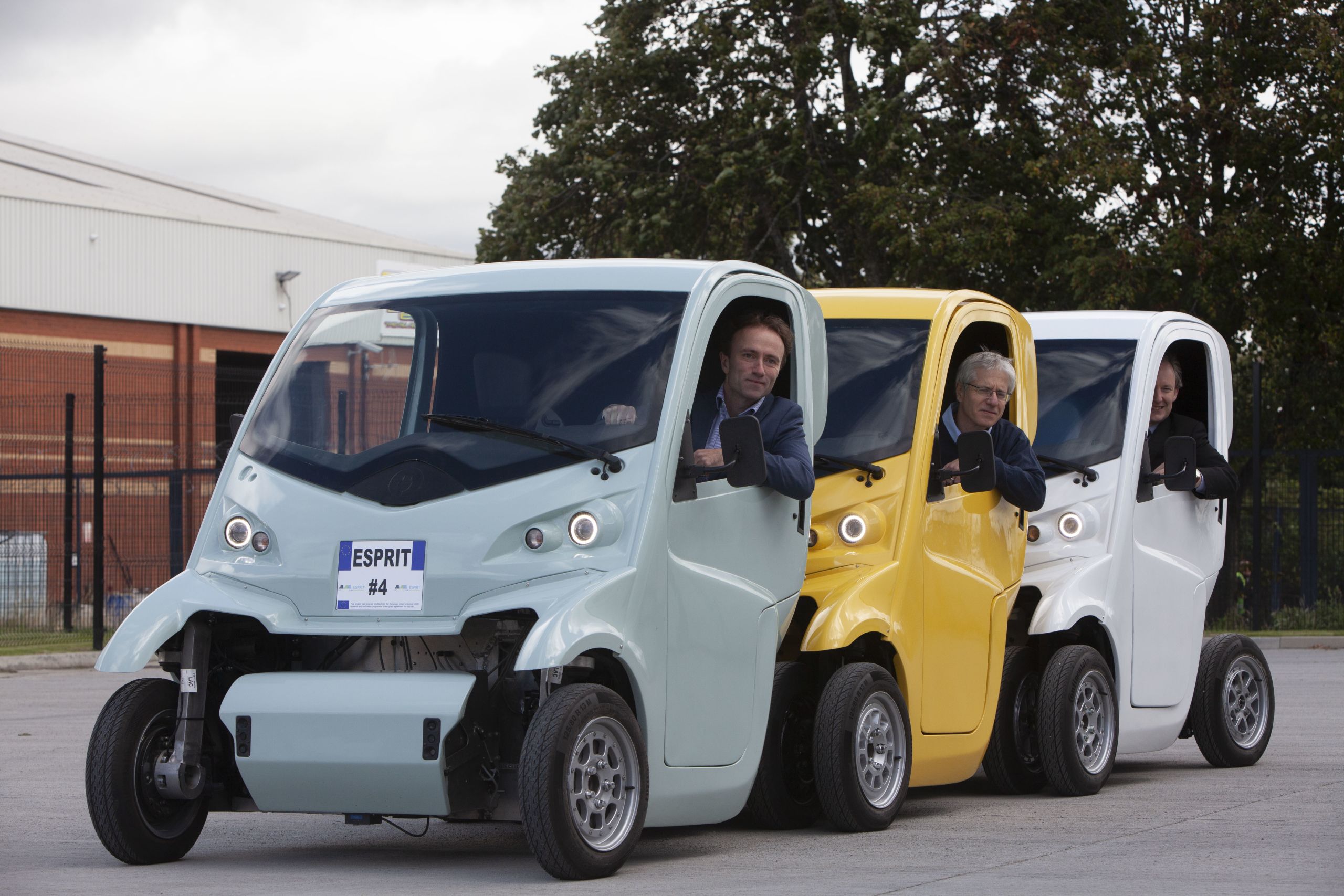
We hope that ESPRIT will contribute to the challenges surrounding pollution and congestion in urban areas. By creating a system specifically designed for the first and last mile of a driver’s journey, ESPIRT will encourage citizens to use public transport and car sharing solutions, as alternatives to private vehicles. It’s important that we can continue to explore flexible, sustainable transport solutions that will benefit society now and in the future.
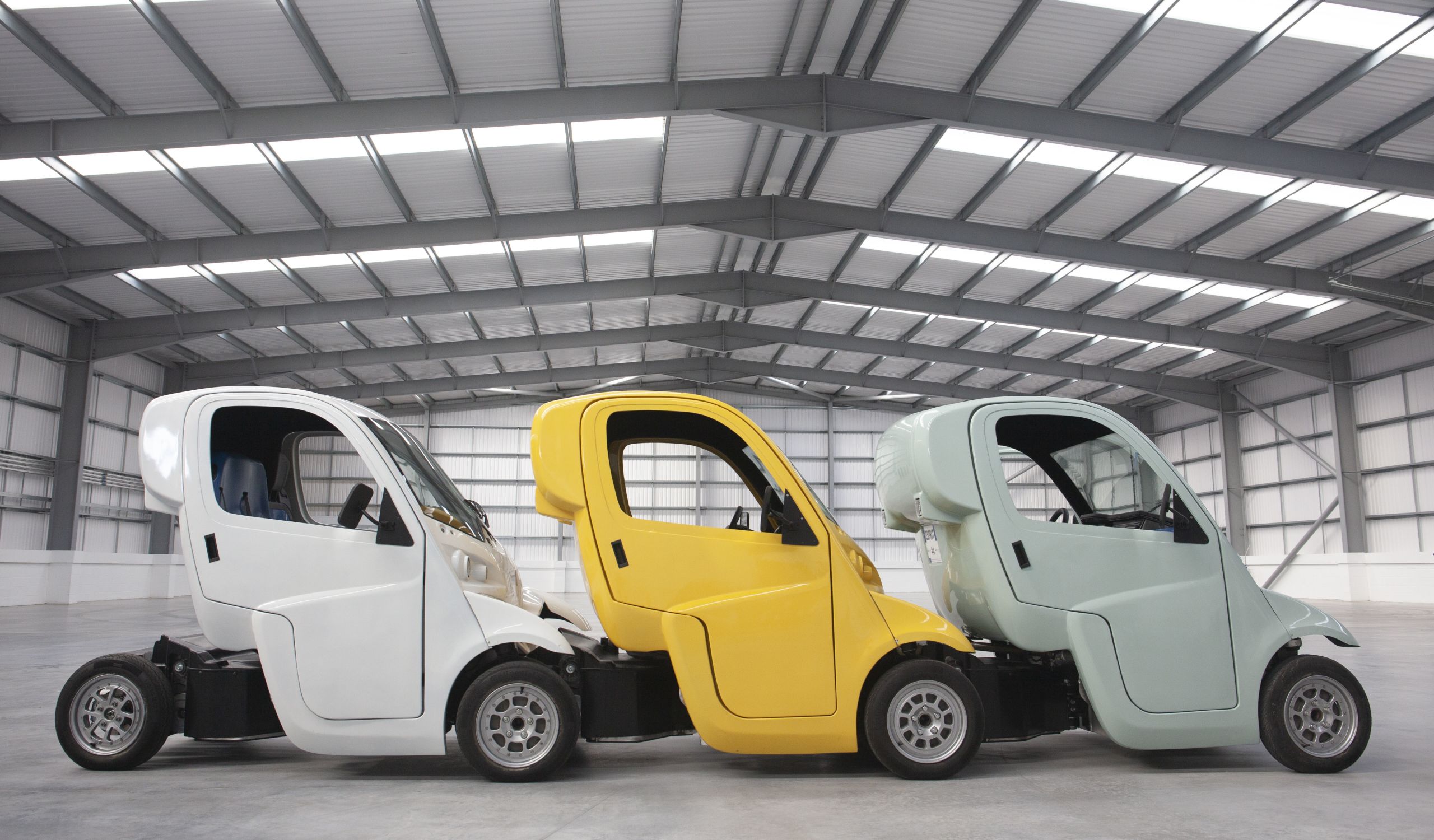
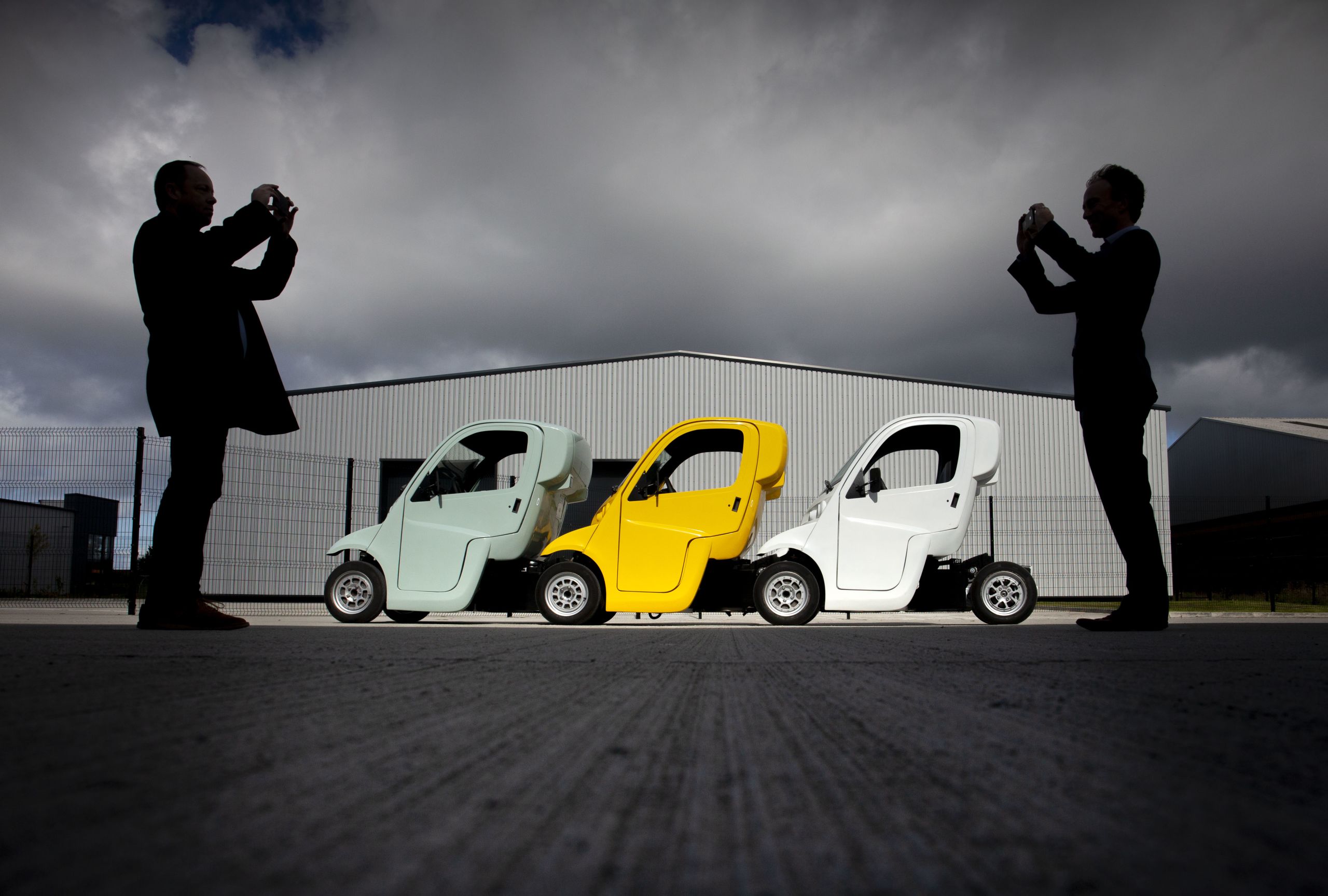
Impact
- The ESPRIT system provides greater energy efficiency, reduces congestion, lowers emissions and improves air quality in city centres
- A flexible, sustainable solution that offers societal benefits by encouraging drivers to utilise public transport and car-sharing solutions
- Significant interest from Michael Matheson, the Cabinet Secretary for Transport, and a number of public and private organisations including FirstGroup
- National media coverage including the BBC, The Herald and a number of trade publications following a demonstration event in Glasgow
